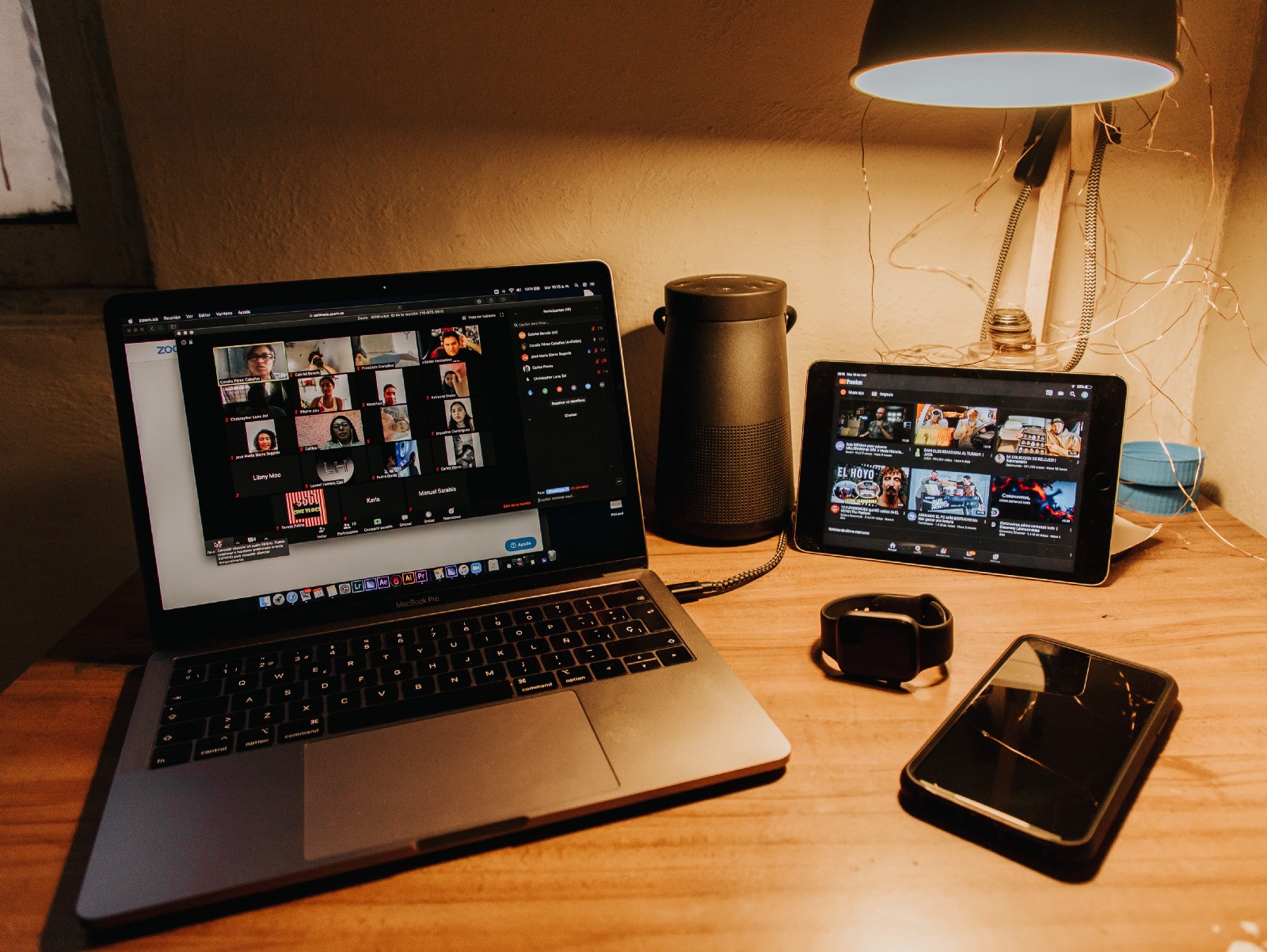There are some famous marketing case studies that highlight the importance of understanding the psychology of the consumer, these same findings are important to great leaders as well.
“I didn’t realise you noticed all that” is the comment my mother made when I shared a post on Medium about Mother’s Day this time last year. It was my first ever post on Medium, a platform chosen because I believed the message should be available to more than those on my weekly work email.
The English Premier League, a Football (Soccer) competition in England and Wales, has been trialling a version of Video Assistant Refereeing (VAR) that has been met with widespread criticism. It, unlike most of the other implementations, defers key decision making to a remote referee.
Because of this, problems arise.
I distil these into two categories of problem; relationships and scope — but at their heart, they are communication problems.
I had been employed by the same employer for over 20 years. Within that time I fulfilled 10 different roles with various job descriptions; everything from a paid student to Chief Engineer, an aircraft technician to a fear of public speaking coach.
There has been one constant. I have always been on the cycle of incompetence and confidence.
There will always be times of crisis for leaders. And there will be leaders that survive the crisis and come out stronger for it, and there will be those that do not. That fail.
In these times, the ones that survive, thrive even, are those that can do these three essential things; confront, assert, and connect.
I have rescuer tendencies. When I see people struggling I want to help them. I rationalise that if they succeed faster, then we succeed faster, then we can get more done. This is short term thinking, people need room to suck, to struggle, to work it out for themselves. That is how they grow.
I probably watch too much sport, I love playing it too. Whatever sport it is I’ll find something in it that appeals to me. Sport has given me so much. It has shown me so much about myself and, more importantly to leadership, the capacity of every type of human when they are in the right environment.
At the start of last year, I decided to do more of the things I like doing. To prioritise making time, while doing my core job, to making the workplace a little better for those that give so much of their time to attend and achieve there. So, I decided to embark on a cultural change program to shift the culture from one of mildly resentful attendance to one of fun and productive camaraderie.
I have a habit, and I’m here to let you know it is a good one. When I cross paths with someone who has a unique or experienced perspective that I really value, I ask them to be part of my Personal Advisory Board. When I was working out what important things I should consider about choosing a new job, I reached out to my Board.










